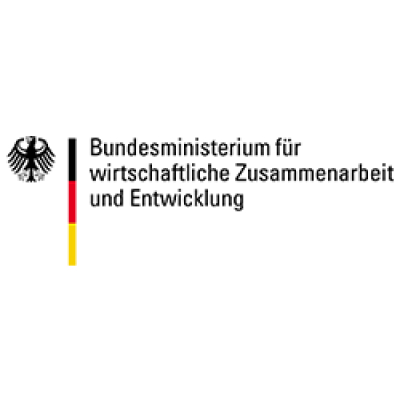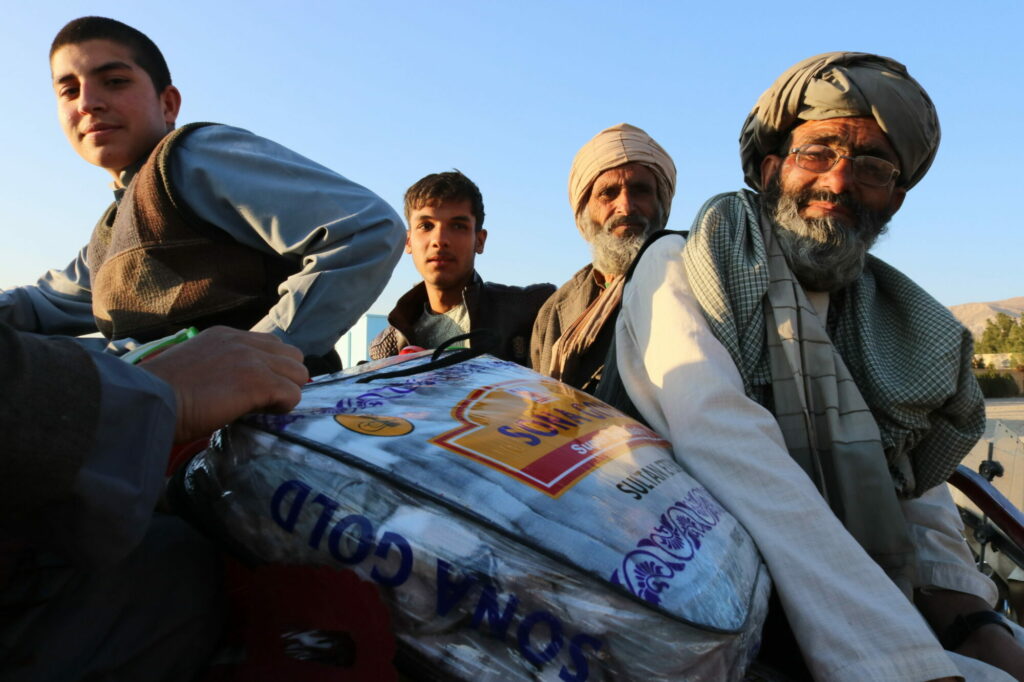
Winter aid 2019 – Donate warmth for Herat and Kabul
Completed
According to the UNHCR, there are currently 2.6 million internally displaced persons in Afghanistan who are dependent on humanitarian aid. Displaced or fleeing from conflicts or drought in their own country, they usually have no choice but to fight for survival in refugee camps in their thousands. They have to suffer the freezing cold and sleep in tents in temperatures as low as -15 degrees Celsius and heavy snowfall, often without blankets or warm clothing. Due to the lack of job opportunities, people are barely able to find a way out of poverty. The wages for occasional work as a day laborer are simply not enough to feed their own families. Refugee families therefore need our help.
CRISIS REGION AFGHANISTAN - THERE CAN BE NO TALK OF SECURITY.
The humanitarian situation in Afghanistan remains complex despite the encouraging efforts in the peace negotiations and the political will in Afghanistan, the country remains one of the most insecure countries in the world.
Afghanistan also remains the largest and longest-running refugee situation in the South Central Asia region. Renewed insecurity, conflict and drought led to mass displacement in Afghanistan in 2018, with an estimated 270,000 internally displaced persons and 230,000 people displaced by drought. In 2019, a further 132,171 people were displaced by the ongoing conflict.
CONQUERING THE COLD, SATISFYING HUNGER.
To give people a perspective in winter, we organize our annual humanitarian emergency aid campaign and provide families with food and material goods packages. Our parcels contain essential goods such as blankets and buckets. We also provide families with basic foodstuffs such as flour, oil, sugar and tea. Basics that help them not to go hungry.
In cooperation with the Afghan Women’s Association, which has 27 years of experience in humanitarian work and provides concrete, unbureaucratic direct aid, the goods are procured in good time and distributed to those in need. In this way, we strengthen the Afghan economy and the aid goes directly to where it is most urgently needed.
WHERE DO THE DONATIONS GO?
The Ghaibi Baba camp was checked on site by the Afghan Women’s Association for need, size and security conditions. It is located in the 8th district of Kabul, about 10 km southwest of the city center and has been in existence since 2009. Around 300 families are currently living in the refugee camp. They were displaced here from other troubled Afghan provinces where the security situation is difficult and which are frequently affected by attacks (including Nangahar, Wardak and Kapisa).
The living conditions of these internally displaced persons are appallingly poor; they are currently living in tents or makeshift shelters. Most of the people who work are day laborers, but the money is barely enough for most of them to survive. The most important needs of the families living here are clean drinking water, food and medical care.
At the request of the residents of the camp, we would like to distribute food parcels to the families as part of a joint emergency aid campaign with the Afghan Women’s Association. This year, we would also like to support the Shayda-ee refugee camp in Herat with the help of our member Winuss Azizi. There are currently 250 families of six to eight people living there, most of whom have fled to Herat from the provinces of Ghor and Farah because of unrest and fighting.
WHAT DO THE PACKAGES CONTAIN?
A food package costs 60 euros and contains approximately: 50 kg of flour. 7 kg of sugar, 7 kg of rice, 7 kg of beans, 10 liters of cooking oil, 1 kg of tea, a blanket and a bucket.
One food parcel is therefore enough to provide a family of six to eight with essential food for survival over the winter months.
Incidentally, the surplus donations go directly to our school construction projects in Kabul, where many pupils are still being taught in tents even in the icy winter.
Our emergency aid campaign in Kabul takes place in cooperation with the Afghan Women’s Association. The rights to the photos from Kabul are also held by the Afghan Women’s Association.
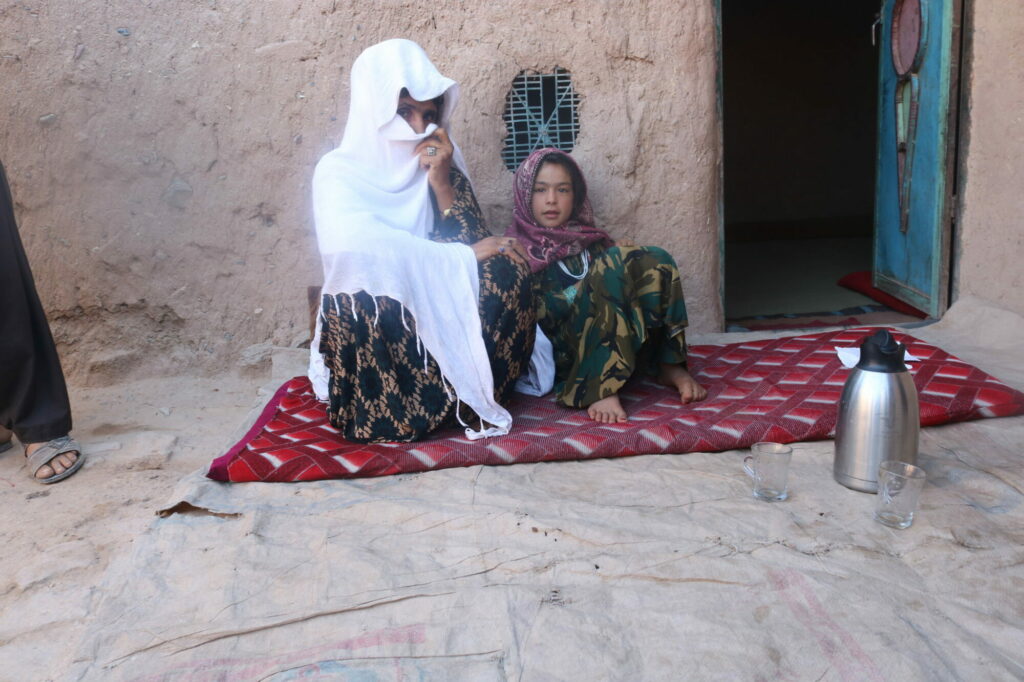
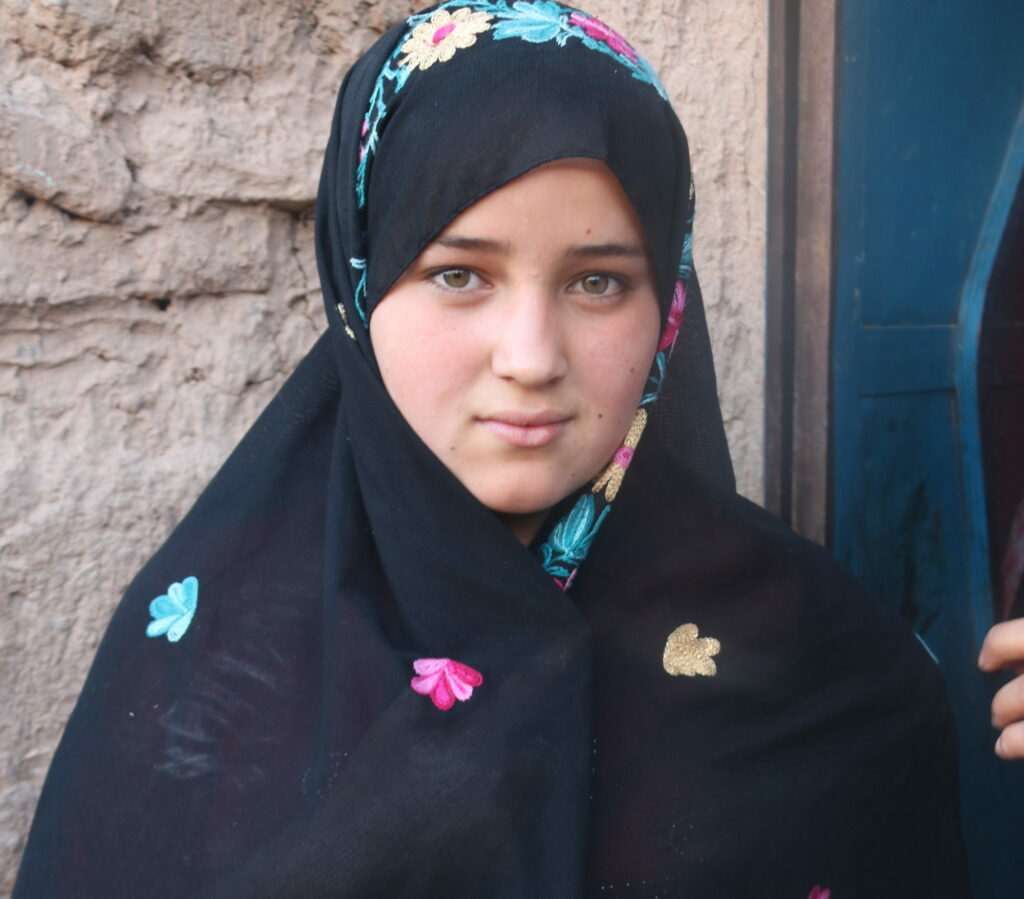

Other emergency relief projects
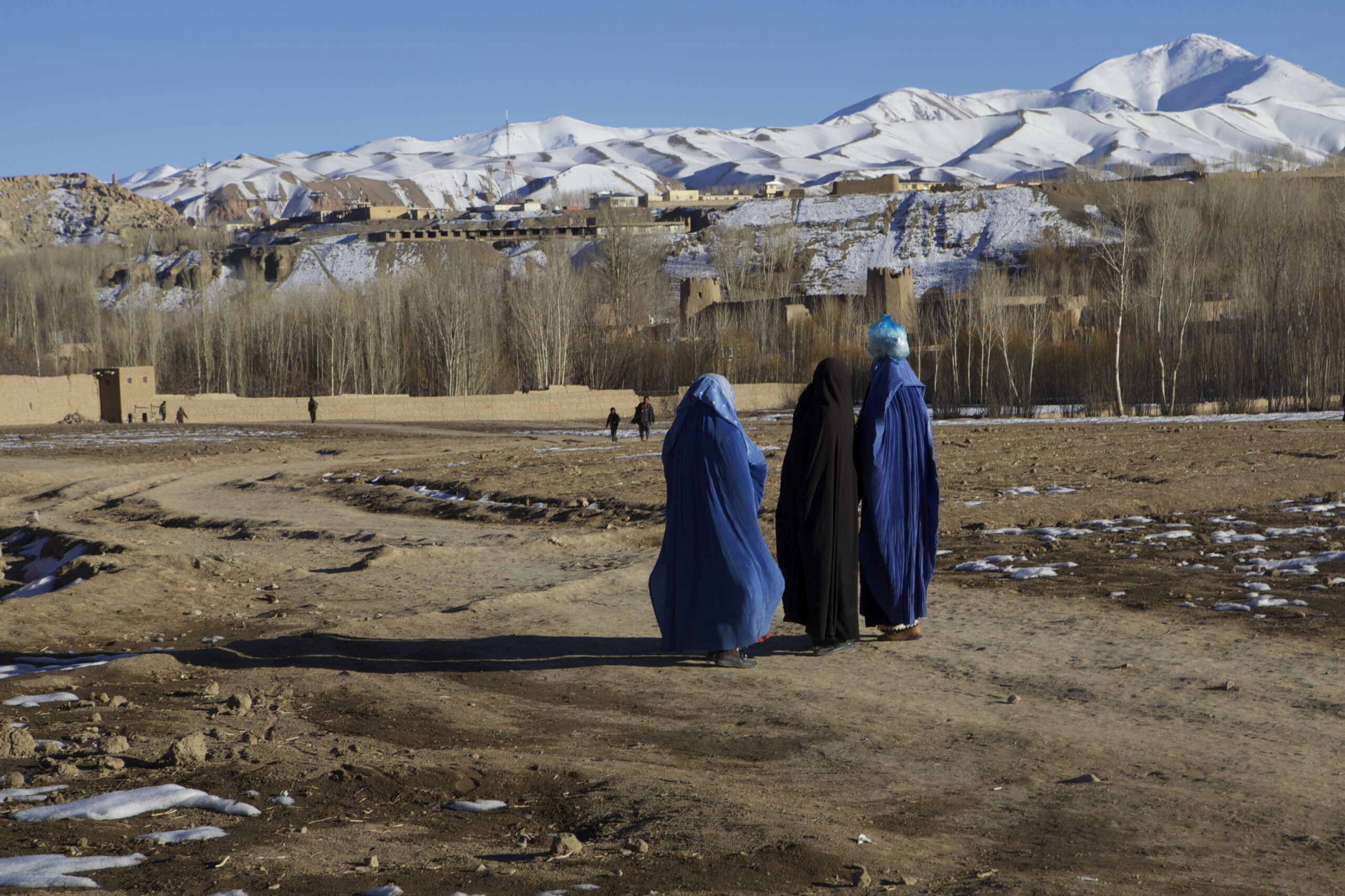 Learn more
Learn more









